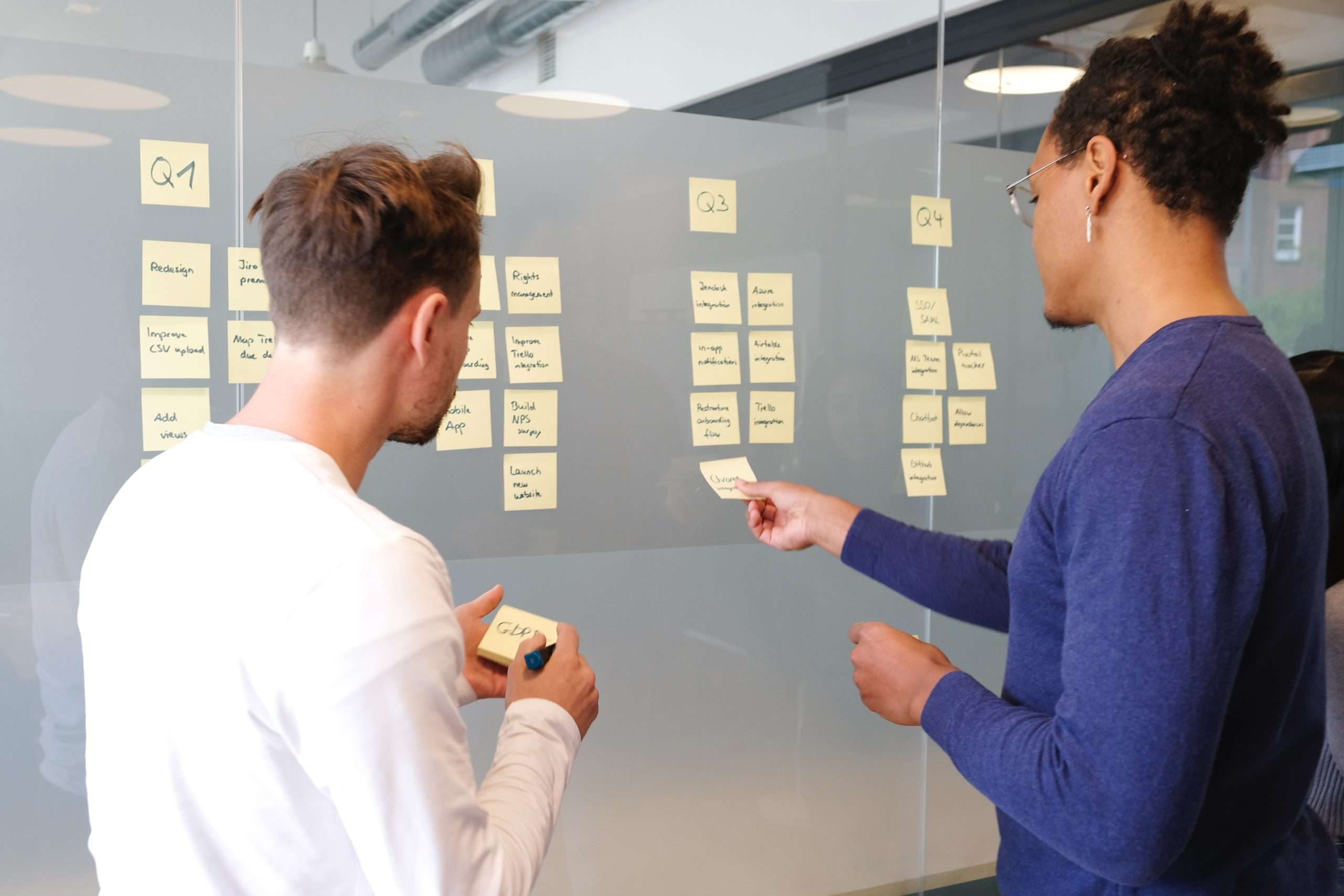Best of Youth Development and Participation

Youth Development and Participation. In today’s world, young people are more connected than ever before. They have access to a wealth of information and opportunities at their fingertips, and they are increasingly active in shaping the world around them. Given all this, it’s no surprise that youth development and participate is a hot topic among educators, policy-makers, and researchers.
What does the research say about what works in youth development? What challenges do young people face when it comes to participating in their communities? This article will explore these questions and provide some insights into the state of youth development today.
What is youth development?
Youth development is a process through which young people gain the skills, knowledge, and attitudes they need to become healthy, productive adults. It occurs within the context of families, schools, communities, and other relationships.
Research has shown that youth development programs can have a positive impact on young people’s academic achievement, mental and physical health, and civic engagement. To participate in these programs can help young people develop a sense of control over their lives, build positive relationships with adults and peers, and learn new skills.
According to the National Youth Development Information Center, youth development is “a process that prepares young people for productive citizenship and leadership.” In other words, youth development is about helping young people grow and learn so that they can become healthy, happy, and successful adults.
There are many different ways to foster youth development. Some common approaches include providing young people with positive role models, offering opportunities for mastery and achievement, teaching social and emotional skills, and encouraging community service.
Participation in youth development programs has been shown to have positive outcomes for young people. These benefits include increased academic achievement, improved mental and physical health, reduced risky behaviors, and increased civic engagement.
If you’re interested in promoting youth development in your community, there are many ways you can get involved. You can volunteer with a local youth organization, donate to a youth development program, or advocate for policies that support young people.

What are the benefits of youth development programs?
There are many benefits of youth development programs, including improved academic performance, increased self-esteem, and reduced risky behaviors. Participation in these programs can help young people develop the skills and knowledge they need to succeed in school and in life.
Youth development programs can also provide a supportive environment where young people can feel connected to their community and build positive relationships with adults. These programs can help young people learn how to resolve conflict, set goals, and manage stress. Participation in youth development programs can also lead to increased civic engagement and social responsibility.
There are many benefits of youth development programs. Some benefits include:
1. Improved academic performance
2. Increased self-esteem and confidence
3. Greater social and emotional skills
4. strengthened relationships with family and friends
5. increased physical activity and improved health
What types of youth development programs are available?
There are many types of youth development programs available. Some are designed to help young people learn new skills or develop their talents, while others are geared towards providing them with opportunities to serve their communities or take on leadership roles. Still others focus on giving youth a chance to explore their interests and potentials, or providing support during difficult times. Whatever the focus, these programs can have a profound impact on the lives of young people.
Youth development programs come in many different shapes and sizes. Some are focused on academic enrichment, while others prioritize skill-building or leadership development. There are also programs that combine elements of all of these approaches. The most important thing is to find a program that meets the specific needs and interests of the young person involved.
Some popular youth development programs include after-school tutoring, mentorship programs, service learning opportunities, and sports leagues. There are also many community-based organizations that offer youth development programs. Many of these organizations are affiliated with religious institutions, but there are secular options as well.
The best way to learn about all of the different youth development programs available is to talk to other parents, teachers, or community leaders. They may be able to point you in the right direction or give you some valuable insights. You can also search online for youth development programs in your area.
How can I get involved in youth development programs?
There are many ways to get involved in youth development programs. You can volunteer with a local organization, become a mentor, or work with youth in your community. You can also raise awareness about youth development issues, and support policies and initiatives that improve the lives of young people.
There are many ways to get involved in youth development programs. Some ways include volunteering, becoming a mentor, or working with a youth development organization.
Volunteering is a great way to give back to your community and help out youth in need. You can volunteer at a local youth center, after-school program, or even tutor kids in your neighborhood.
Becoming a mentor is another great way to get involved in youth development. You can become a mentor through a local mentoring program or by reaching out to kids in your community.
Working with a youth development organization is another great way to get involved in youth development. You can work with an organization that provides after-school programming, tutoring, or even job training for young people.

What is youth development?
The term “youth development” is used to describe a process that young people go through as they mature and grow into adulthood. It includes physical, cognitive, social, and emotional changes. Youth development is a lifelong process, but it typically starts in childhood and continues into adolescence and young adulthood.
There are many factors that contribute to youth development, including family, community, and individual experiences. Family and community support are important for helping young people develop positive self-esteem, resiliency, and a sense of belonging. Individual experiences also play a role in youth development; for example, positive experiences at school can help young people develop confidence and a sense of achievement.
The youth development process is not always linear; there may be setbacks along the way. However, with support from family, community, and other positive influences, young people can overcome challenges and reach their full potential.
What are the benefits of youth development?
The benefits of youth development are numerous. Some of the most important benefits include improved academic performance, increased self-esteem and self-confidence, increased social skills and leadership skills, and reduced risky behaviors. Developmental activities can also help young people learn how to work together as a team, how to resolve conflicts, and how to set and achieve goals. These skills and abilities can last a lifetime and help young people succeed in school, in their careers, and in their personal lives.
There are many benefits to youth development, including improved academic performance, increased self-esteem and confidence, and enhanced social skills. Developmental activities can also help young people learn to set goals, manage time and resources, and work effectively in teams. Participating in youth development programs has been linked with reduced rates of juvenile crime and delinquency.
What are the challenges of youth development?
There are numerous challenges that come along with trying to develop youth programs and get young people involved in activities. First and foremost, many young people are simply not interested in joining clubs or participating in activities outside of school. And even if they are interested, their schedules are often so packed with schoolwork, extracurriculars, and social activities that they don’t have time for anything else.
Another challenge is finding activities that appeal to all young people. With such a wide range of interests and abilities among adolescents, it can be difficult to create programs that are inclusive and engaging for everyone. Additionally, many youth development programs require significant financial resources, which can be a barrier for some families and organizations.
Finally, working with young people can be challenging in itself! They are often full of energy and enthusiasm but can also be moody, impulsive, and unpredictable. It takes a lot of patience, understanding, and flexibility to successfully work with adolescents – qualities that not everyone has.
How can we engage youth in their development?
There are many ways to engage youth in their development. Some common methods include:
1. Providing opportunities for youth to participate in decision-making processes. This could involve anything from allowing them to help plan events or giving them a say in how their community is run.
2. Encouraging youth to get involved in volunteering and community service projects. This helps them to develop a sense of responsibility and ownership for their community.
3. Promoting youth involvement in arts, sports, and other extracurricular activities. These activities can help youth to develop important life skills such as teamwork and communication.
4. Helping youth to connect with positive role models and mentors who can provide guidance and support.
5. Encouraging youth to set goals and work towards achieving them. This could involve anything from academic goals to personal development goals.
6. Supporting youth as they navigate the challenges of adolescence and young adulthood. This includes providing resources and information on topics such as relationships, mental health, and substance use.

Conclusion on Participation
The importance of youth development and participate cannot be understated. By engaging young people in positive activities, we can help them develop essential life skills and prepare them for success in the future. Furthermore, by involving them in the planning and execution of these activities, we can also foster a sense of ownership and responsibility. Ultimately, it is through these programs that we can make a real difference in the lives of our young people.

2 thoughts on “Best of Youth Development and Participation in 2000s”